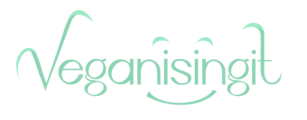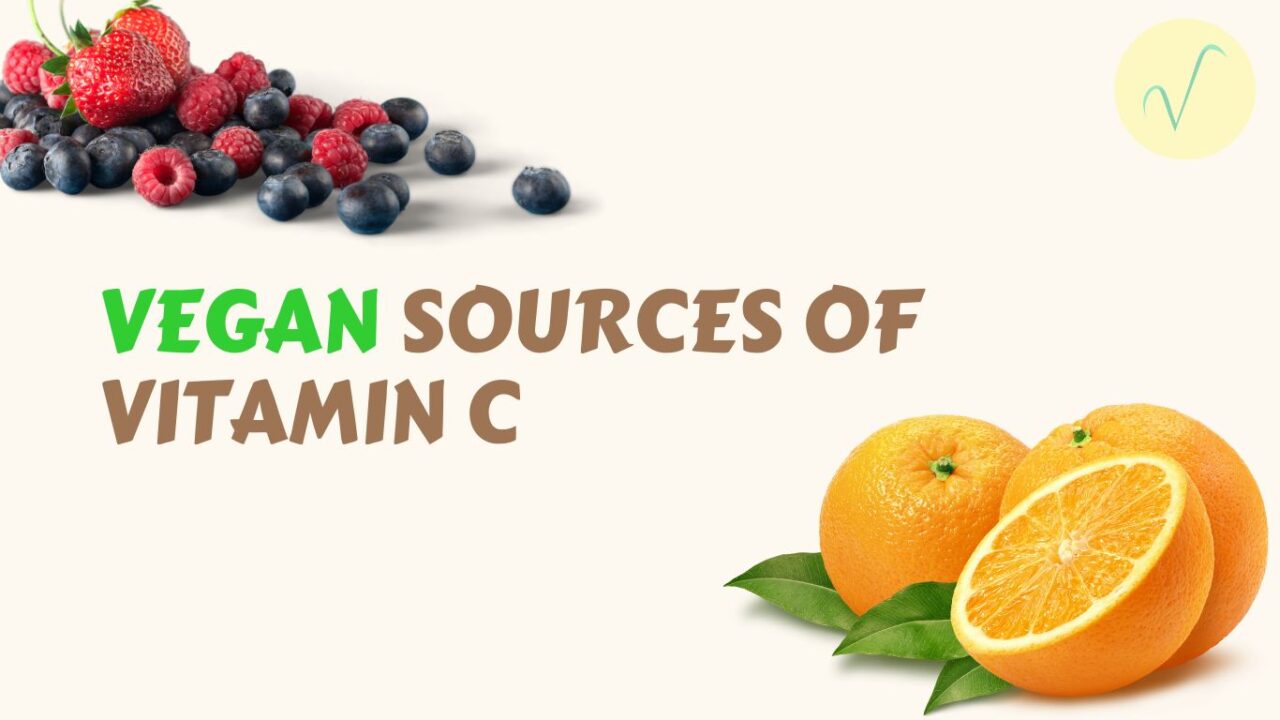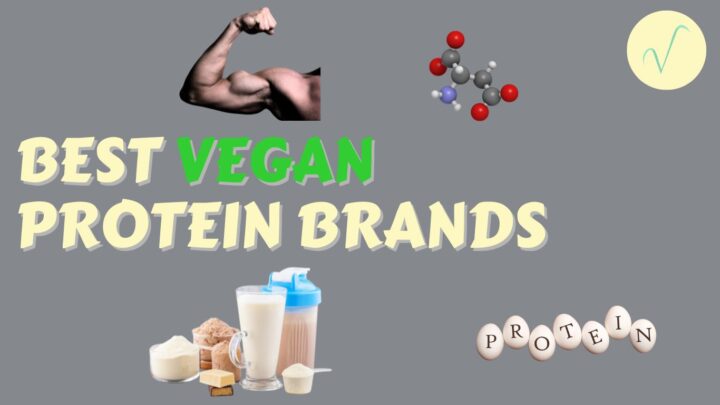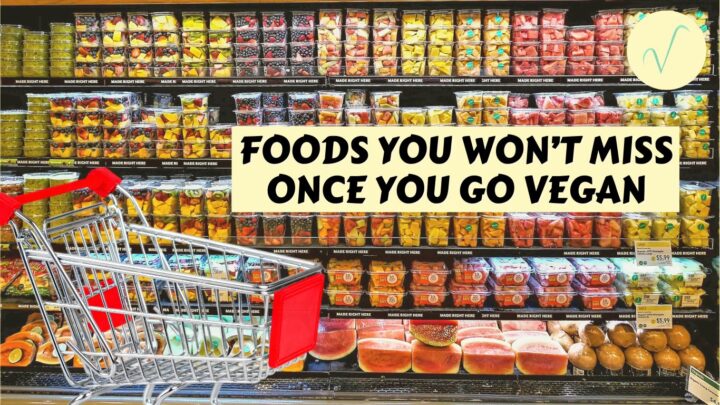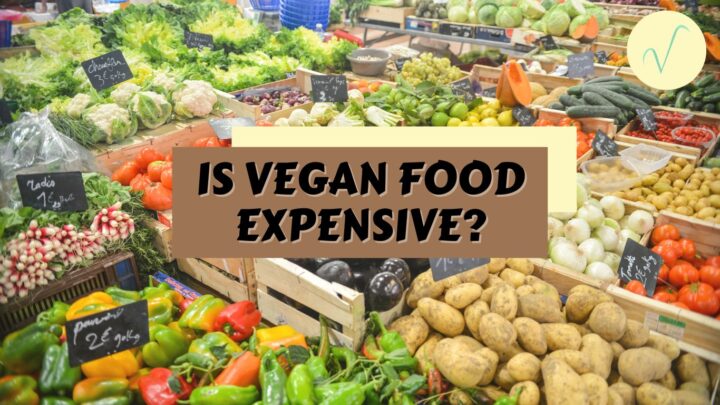Vitamin C deficiency seems like a thing of the past, but considering the amount of people that don’t incorporate enough plant-based foods in their diet.
The good thing is, you don’t have to eat an unnecessary amount of fruits or veg to be able to hit your daily amounts.
Here’s a quick list of vegan foods rich in vitamin C you can incorporate into your diet today.
Oranges
One of my favourite fruits, must be cause of my childhood, growing up in Portugal to freshly grown juicy oranges from the tree.
You can enjoy them in raw fruit form, or in freshly squeezed OJ.

Rich in calcium and vitamin C, with one fruit providing 116% of your day’s required vitamin C. All your day’s worth in merely one fruit.
Kiwis
Otherwise known as Chinese gooseberries, kiwis are a nutritional powerhouse, rich in antioxidants, calcium, and an array of other nutrients.

One medium fruit provides 117% of your day’s amount.
Dried mulberries
Dried mulberries are a rather unknown fruit, but definitely a nutritional powerhouse worth adding to the list.
A mere handful of dried white mulberries can provide you with Vitamins A, C, iron and calcium.

In this case with vitamin C, 28g of dried mulberries, which you can enjoy as a healthy snack, provides 130% of vitamin C.
White potatoes
White potatoes are usually overlooked for their nutritional content and seen as a general carb.

One large baked potato is 63% of your daily vitamin C needs.
Tomatoes
Tomatoes are easy to incorporate into your diet in bulk, through a delicious tomato sauce or even from some homemade ketchup.

A common salad staple, 1 cup of cherry tomatoes provides you with 32% of your recommended vitamin C.
Butternut squash
A great, alkaline winter vegetable that tastes lovely in soups or as an alternative to regular potatoes.

One cup of roasted butternut squash can amount to 52% of your daily recommended vitamin C intake.
Bell pepper
Another one of my favourite salad staples, great in dips, roasted and stuffed or included in a pesto.

Another way to easily get your required vitamin C, with merely one small bell pepper amounting to 158% of your recommended amount.
Why do we need vitamin C?
Vitamin C holds an array of health benefits namely including its role in proper functioning of the immune system, as well as working as an antiviral agent, further cementing its role in immunity.
It is also involved in the formation of collagen, as well as a wide range of other bodily processes it assists with. These include but are not limited to the formation of collagen, which is necessary for healthy bones, skin and teeth.
What affects vitamin C absorption?
Not many factors affect the body’s absorption of vitamin C, with the exception of intestinal disorders, and some cancer patients being at risk of poor vitamin C uptake.
Vitamin C and iron absorption
If you’re anaemic and wish to increase the uptake of iron in your diet, vitamin C is a vital component to assist with this.
However, this is only relative to non-heme iron, the source of iron primarily found in plant-based foods. Heme iron’s been associated with health issues anyways, so you’re better off consuming your iron from vegan sources.
Vitamin C in vegan foods
Hope you enjoyed this post on vegan foods rich in vitamin C. Just know to achieve your daily intake requires very little effort.
Most of these sources are good enough to sort your daily requirement in merely one fruit – Literal food for thought!
